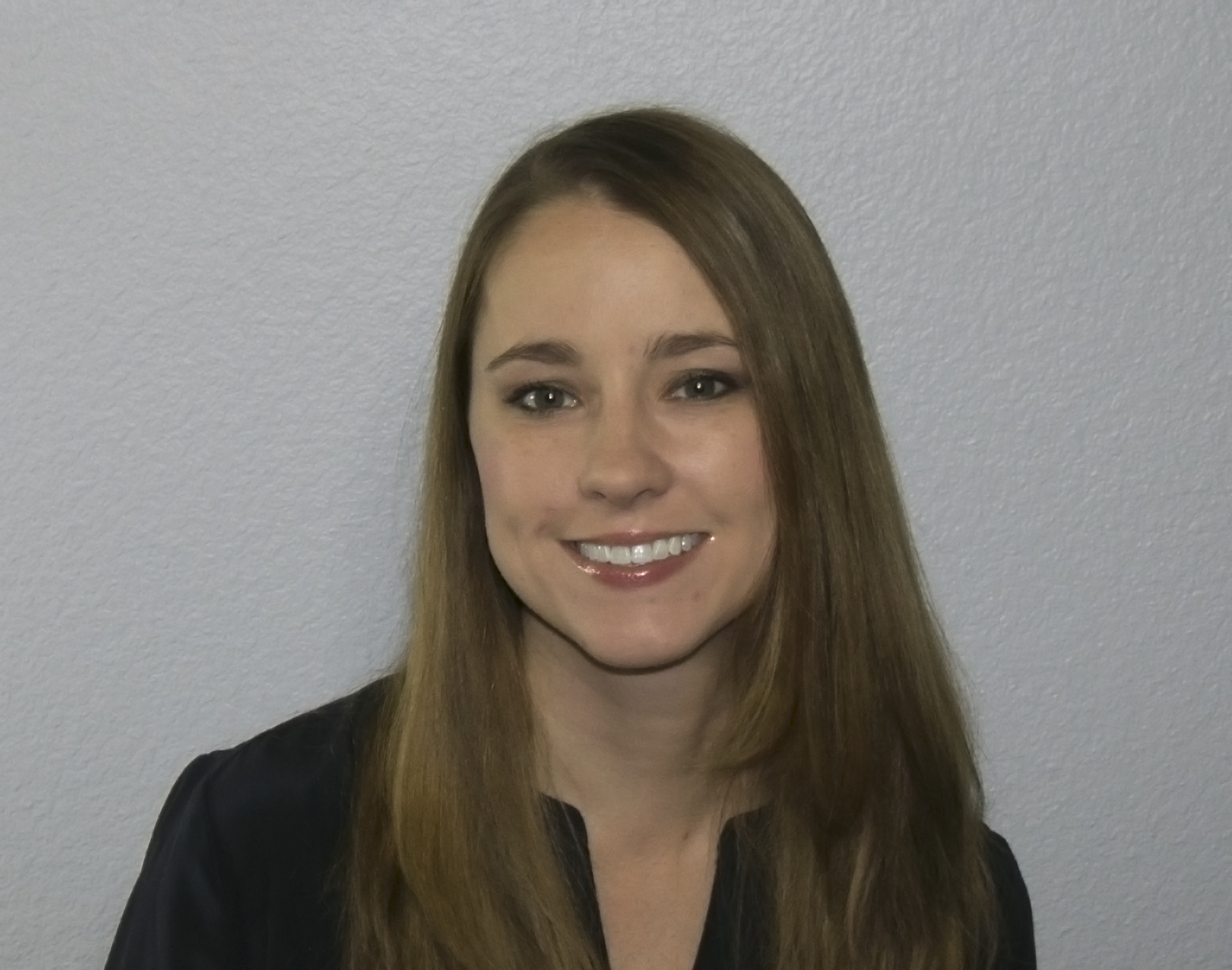Contributed by: Carol Hurst, LVT, CVPM, CVJ
Arrogant is defined as having or revealing an exaggerated sense of one’s own importance or abilities. To brag is the act of talking boastfully, and to boast is to show excessive pride and self-satisfaction in one’s achievements, possessions or abilities.
If these are the words that come to mind when you even think of talking about something you accomplished or offering your expertise in a certain area, you need to pull up a seat and start taking notes about why promoting yourself is a great career move.
I fall into the trap that so many have. I would have an idea to offer my help, or make a suggestion based on my experience, or ask for something that I wanted and I would think of those three little words and I would clam up. My habit was always to work hard, keep my head down and in the end everything would pay off. Why wouldn’t it, right? Hard work always gets rewarded and opportunities arise with dedication and patience.
While this may be true for some circumstances, you are doing yourself a disservice if you are waiting around for someone to take notice of you and open a door. Promoting yourself doesn’t have to be obnoxious or negative. In fact, I’ve made 2017 the year of my own self-promotion and I’m having so much fun that I think this mentality will become my new habit. After all, who is going to advocate for you if you don’t do it for yourself?
Here are some examples:
1. Asking for a raise.
Unless your company has a clearly defined and organized method for awarding raises, the sad truth is that it might not happen otherwise. Or if it does happen, it is years too late. In fact, I keep a running list of my accomplishments, projects and goals met just for this very reason. If there is ever a time that you are feeling under-appreciated and underpaid, you have a list of contributions to back up your request.
2. Creating opportunities.
I did an incredibly bold thing earlier in the year. I told Dr. Andy Roark (whom I had been following for several years and admired for his contributions to the veterinary community) that I wanted to be part of his conference team if the opportunity arose. Now, the results of these types of situations aren’t nearly as important as taking the action to offer to help.
Several years ago I wouldn’t have even thought to talk to someone so well-known and influential in the community. If you see a role, a position, a relationship that you want, you can’t just hope that the door will open and it will land in your lap. Even if that situation doesn’t pan out, it will embolden you to take the chance with other situations.
3. Networking
Networking is the cornerstone if you want to be more involved in the veterinary community. As an introvert, I denied for years that it could have as big of an impact as it does. Networking also provides personal support in a field that needs it. How do you “self-promote” to network? Go to the free dinner CE meetings that are often sponsored by drug companies. Sit by someone you don’t know and strike up a conversation.
Do you have veterinary organizations that are local or state-wide? Call and inquire about volunteering. Even getting involved with rescue organizations or non-profits can help you do something great for the community and show off your skills.
4. Groups
There are many Facebook groups dedicated to different aspects of the veterinary profession. The purpose of most of them is to exchange ideas and provide support. Many of people feel intimidated when they join. They sit back and watch, never asking a question and never contributing. Like everything in life, no one knows everything about veterinary medicine. We all need help. Jump in, ask a question or if someone inquires about a situation that you are familiar with, offer your opinion.
So many of us don’t want to put on display what skills we have. It isn’t a bad thing to be a walking advertisement for yourself. It also isn’t bad to “throw yourself out there” and try something new, offer to volunteer or make a new friend.
Carol has been in the veterinary industry since 2005 when she graduated tech school and became a Licensed Veterinary Technician. A fascination with animal medicine was only the beginning. Even more than helping furred and feathered friends, she found that she enjoyed being able to affect the positive change within her clinic that having a leadership role afforded her. She’s been managing for nine years. An interest in using her skills to improve the veterinary industry has led her to volunteer her time. She currently writes articles to help educate bird owners through the National Association of Avian Veterinarians, she served as the Newsletter Editor for her state Veterinary Technician Association, she writes articles for her state’s veterinary association’s website dedicated to educating pet owners and she’s also written numerous management related articles. Through her quality education materials she gained the designation as a Certified Veterinary Journalist in December of 2016. After many years of study, she gained the designation as a Certified Veterinary Practice Manager in November of 2016. Her proudest accomplishment to date is the work that she’s performed for her local management group. She has been a member since 2010 and currently serves as the Vice-President, playing an integral part in forming the Board that has helped empower managers to reach their full potential. It was from the enrichment gained through helping other managers that ignited her own spark and started her own journey, as she partnered with Amy Kelley, CVPM, to form Blue Flame Veterinary Consulting in December of 2016.

Facebook Comments